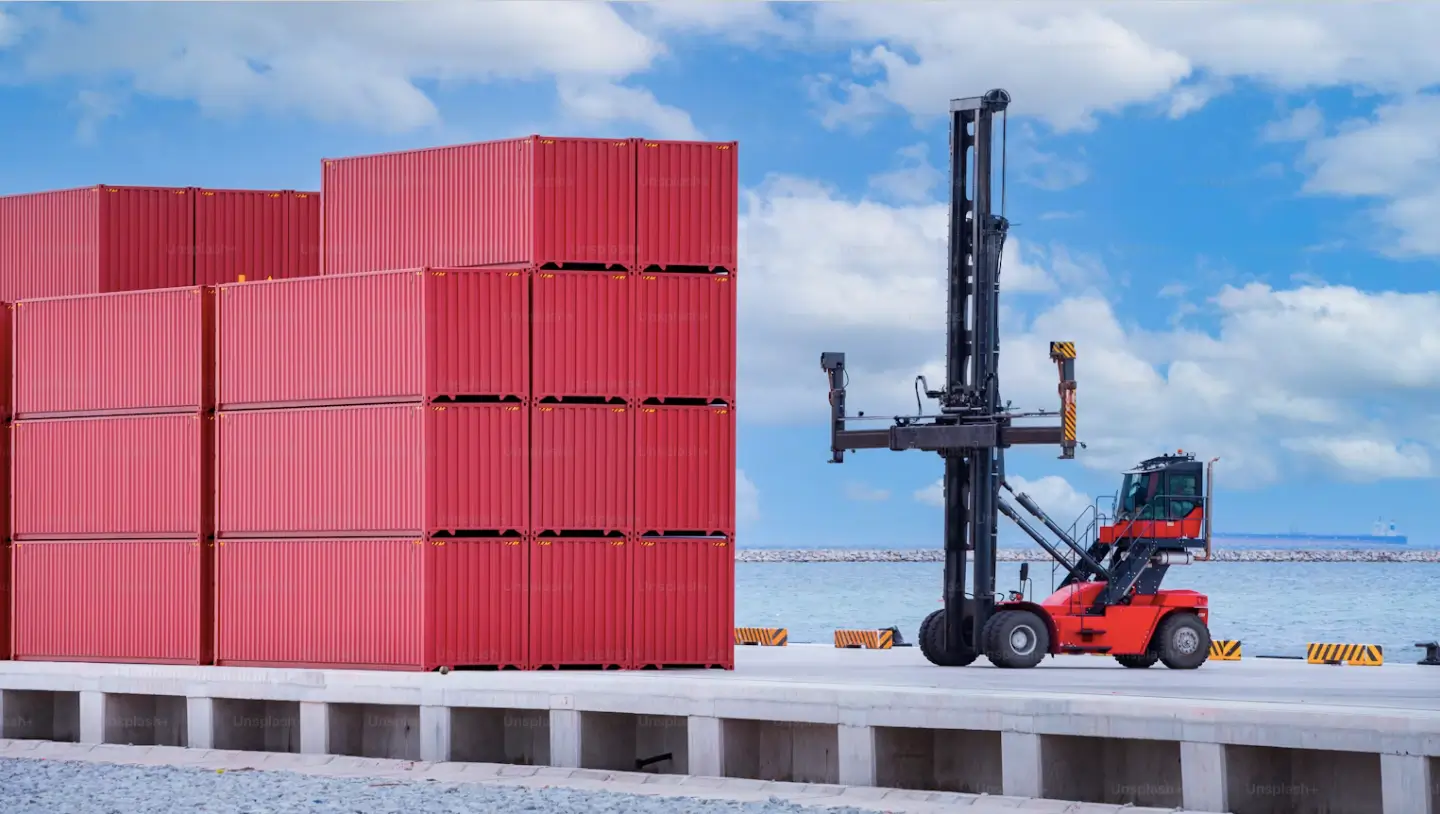What to consider to avoid import errors?

It is common that companies that make international purchases for the first time do not make this prior preparation with due caution and as a consequence fall into a series of errors when importing their products, which leads to serious repercussions.
In this sense, imports should be treated as logistics operations that require a high level of research and planning due to the complexity of this activity.
Although this situation is common in companies that are new to international trade, it also occurs in those that have more experience, since, when buying a new product, mistakes can occur.
Many of the most common mistakes when importing can be easily avoided, so knowing them will prevent them from leading to loss of time and money.
- Trusting suppliers. Importing products from a geographically distant country is a complicated process, which makes the Internet one of the most used allies to contact potential suppliers. However, this is a double-edged sword, since sellers are not always qualified or may commit fraud.
- Not knowing the meaning of international terms. In foreign trade, several standardized and specialized terms are used, which, if not familiar with them, could lead to confusion during the purchasing process. In addition, there is the variant that in each port or customs of the world the terms are also used in a different way.
- Not carrying out adequate research on the product. One of the most common importing mistakes is to get excited about a specific product and seek to import it as soon as possible. Failure to conduct proper research results in the product being unprofitable or not having quality or sanitary certificates, which can result in financial penalties. In addition, goods may also be purchased that are substandard.
- Miscalculating import costs. The import process has a large number of steps that also involve costs, but many times companies are unaware of these amounts, so they do not have the necessary capital to carry out this type of operation.
- Failure to comply with customs regulations. Another of the most common errors when importing is to present goods for clearance that do not comply with official regulations, which results in the retention of the goods and, subsequently, in the corresponding fines.
- Failure to declare all the products that are imported. In order to import, it is essential that companies are up to date with their tax situation, as well as declare all imported products before the customs authorities of the destination country. Failure to do so may result in fines or audits by this administrative body.
- Importing prohibited or restricted products. Each country has a list of products that cannot be brought into the country under any circumstances, as well as a list of those that can enter under specific terms. In order for products to successfully enter the territory, it is necessary to be properly informed about these lists.
How to avoid these problems?
Most of the mistakes when importing new products are made due to lack of knowledge and lack of advice, as they consider the latter to be very costly. As we have seen, the shipment of new goods involves a lot of aspects such as taxes, regulations, standards, logistics costs, among others, which need to be investigated in depth to avoid penalties.
At Bersal we offer you our customs consulting services, for a more agile import.





